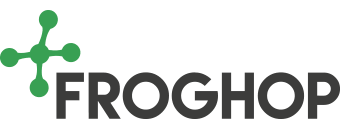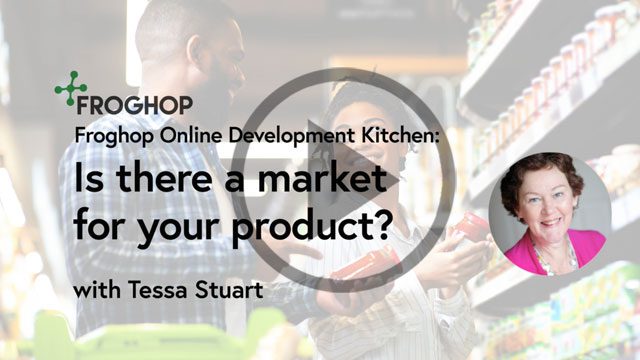Market and consumer research is essential for food and drink businesses. Companies such as Unilever, Coca Cola and PepsiCo will spend a few hundred million dollars per year on research alone. Even if you’re not at that level, understanding your market is crucial, and it doesn’t have to mean having a huge budget for surveys, focus groups and product trials. So how can you do market research for your food business on a smaller budget?
It’s fair to say that understanding what consumers think about your product – and how many of them would buy it – will make a significant difference to your business. Having a good grasp of your target consumers, their needs, and options is one of your most important jobs as a food business owner. It will impact everything from your product development to marketing, sales strategy, and seeking investment.
Tessa Stuart specialises in helping glean market research for food businesses. She works with food businesses to discover what shoppers actually do in supermarkets and interviews hundreds of food shoppers every year. She recently joined the Froghop Online Development Kitchen to share some expert advice on the best ways to gather market research on a budget.
A real pain point for start-ups?
Tessa has a wealth of experience. When it comes to market research, her focus is often to “see if you can estimate the market for your product without buying data, which is costly and expensive and is always a killer point for start-ups.” In a nutshell, find out what consumers are actually doing, not what they’re telling researchers in surveys. If you’ve got a great idea and want to know if there’s a market for it, what can you do?
Get out into the real world
The best place to head to, Tessa says, is the Business and IP Centre at The British Library in London. It’s a fantastic resource, including Mintel reports available for free, providing in-depth market analysis and consumer opinions.
“It is the best way to work out what the potential is for your category. It will help you to work out if it is a mature category with not much growth, or if it’s a category with recent stratospheric growth.”
Take plant-based milk, for example, a market which is growing incredibly fast – total spend in the UK reached £394m in 2020, with a record 1 in 3 Brits now consuming it. Understanding the trends in the market will help you target consumers more effectively.
Work out your competitors
And, as importantly, what you can learn from them: “You need to go out there and see what competitors are doing and study them like a hawk,” Tessa advises. When it comes to competitor analysis, there are three key things to consider:
- Where does your product fit in among them?
- How are you better/different/healthier/cheaper/more indulgent?
- What is your Unique Selling Point (USP)?
You can stand in the aisle and, effectively, watch how people shop your category. This can help you figure out the more popular products and how people are motivated to buy them. You can even work out which existing products you could replace on the shelf.
“There’s a huge amount of soft data that you learn standing in a busy supermarket just watching how people shop,” Tessa adds. “All of these will impact you being able to get attention and your ability to take them on.”
Proving your concept
When it comes to finding out if there’s truly an opportunity for your product, strangers are key. Your family and friends are not your market. As Tessa says: “They are people who will say nice things to you and buy your products because they love you. You have to test your concept on strangers.”
Find out your most popular flavours, what sells well and what puts people off. This is crucial intelligence that you need to have. While research methods such as focus groups are popular, note that people behave quite differently when they’re shopping. Making your testing as authentic as possible will give you the best possible stab at success. A market stall, for example, can be a great way to test your food product and get feedback before you start selling it more widely.

